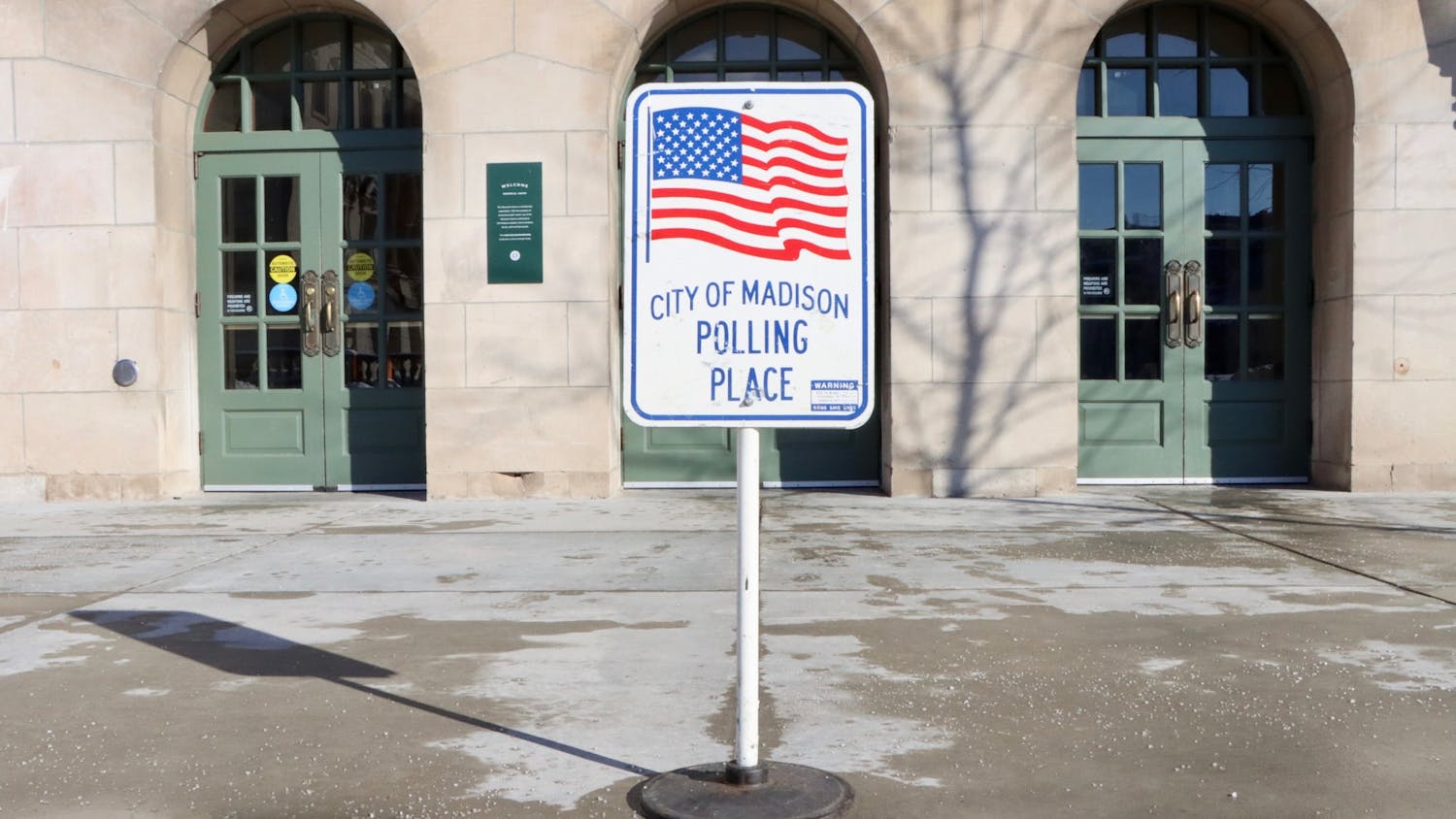The state Senate approved a bill Tuesday that would enable researchers at UW-Madison to request funding in efforts to recover the remains of missing Wisconsin soldiers.
Senate Bill 446 passed with widespread bipartisan support. The legislation stipulates that members of the University of Wisconsin Missing-in-Action Recovery and Identification Project may ask the Joint Committee on Finance to allocate approximately $360,000 over the next two fiscal years to finance their missions across the world: retrieving the lost remains of Wisconsin soldiers.
Over 1,500 soldiers from Wisconsin have disappeared from active duty since World War II, according to the MIA Recovery Project’s website. While 1,300 of those Wisconsin soldiers went missing during World War II, another 160 vanished during the Korean War and 26 remain unaccounted for from the Vietnam War.
Since 2013, the U.S. Department of Defense provided assignments and funding to the project, which hampered its ability to search for missing soldiers. Project officials said the proposed state funding would “give the team flexibility to search for Wisconsin’s own,” according to a Fox6Now article.
The UW-Madison Biotechnology Center houses the MIA Recovery Project. Staffed with specialists in archeology and genetics, the project aims to “educate students and communities, bring closure to families and build the next generation of servant-leaders who will affect positive change in the world.”
So far, the remains of three soldiers, all of whom served in World War II, have been identified by the project.
In 2019, the MIA Recovery Project attempted a fourth recovery mission in Northern Europe to identify the remains of another WWII service-member. The operation is still ongoing.
The state Senate passed the measure 33-0 and will now be considered by the state Assembly.






